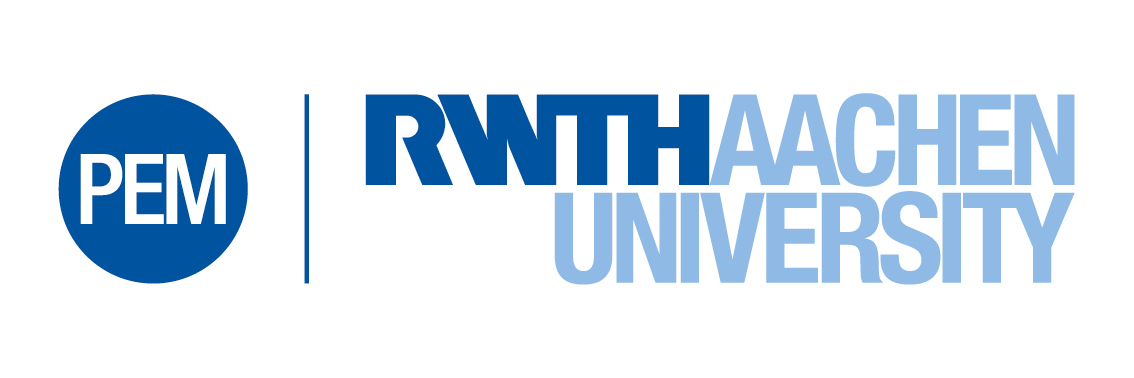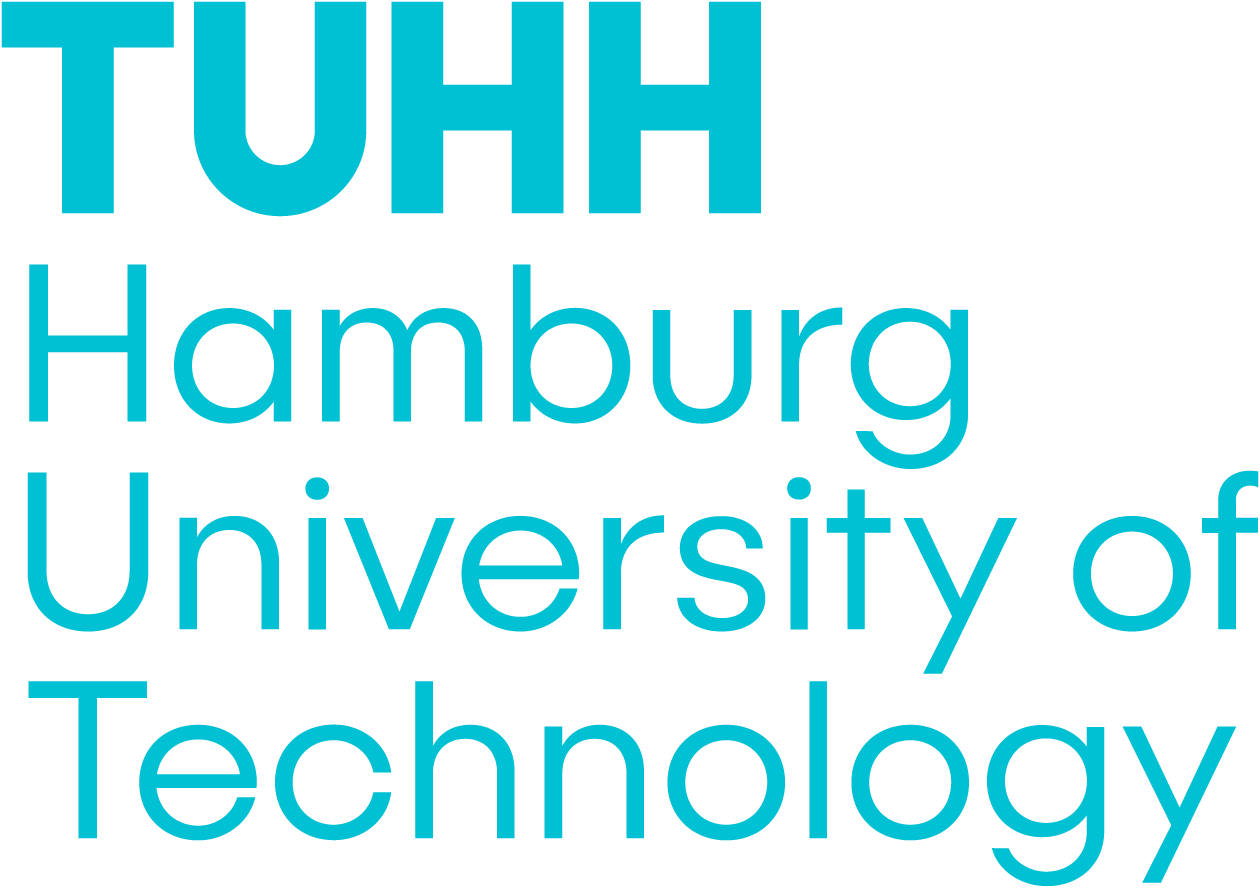Conference in Berlin, March 19-20, 2026
About the Conference
Cyber-physical systems are required to adapt to changing demands, often experience architectural changes over their lifetime, and generate a heterogeneous set of data. All of this leads to significant demands on monitoring and control software. This conference focuses on aspects of machine learning and related domains, such as predictive maintenance, self-optimization, fault diagnosis, re-planning, and reconfiguration. To build intelligent cyber-physical systems close cooperation between AI-research and industrial engineering is necessary. To facilitate such an exchange is the goal of this conference.
Register here: Registration
The 9th Machine Learning for Cyber Physical Systems (ML4CPS) conference offers researchers and users from various fields an exchange platform. The conference will take place March 2026, 19th till 20th at the Fraunhofer Forum in Berlin. Hosts are Fraunhofer IOSB, Helmut Schmidt University, Hamburg University of Technology, and the Chair of Production Engineering of E-Mobility Components (PEM) of RWTH Aachen.
In this year’s edition of the conference we also encourage submission of contributions from industry detailing scientific problems they encounter. To contribute, an extended abstract of a maximum of one page is required and must be submitted through the conference portal.
Papers may cover, but are not limited to the following topics:
- LLM-Agents for CPS: Large multimodal models for text, images, and time-series data offer new opportunities for industrial applications. They can unlock novel opportunities for intelligent automation and the increase of the overall performance and functionality of cyber-physical systems.
- Physics-Inspired ML: Prior knowledge can be integrated into the neural network, through the network architecture, additional data from simulations, or imposing constraints on the loss function. This can be crucial for building robust and reliable Neural Networks.
- Industrial AI: Integrating AI into manufacturing processes can help to optimize them and enhance operational efficiency. Still, integrating AI into legacy systems and existing infrastructure is still a major challenge.
- Green AI: Reducing the energy consumption of AI systems is essential for industrial and edge applications. This topic focuses on methods for energy-efficient models, and the trade-off between performance and resource usage.
- Hybrid Methods & Hybrid Systems: Hybrid methods integrate multiple learning and modeling techniques while hybrid systems combine discrete and continuous dynamics and, thus, are powerful paradigms for complex CPS and industrial processes. Methods related to data-driven model identification, diagnosis, verification, and analysis are relevant challenges for the community.
Agenda
Day 1: 19.03.2025
09:00 – 09:15:
- Welcome Coffee
09:15 – 10:00: Keynote: Mingabyte
10:00 – 10:30: Coffee Break
10:30 – 12:00: Session 1: ML Methods & Adaptive Learning
- 10:30 – 11:00: U-Test Certainty Adaptive Tree for Regression on Non-Stationary Data Streams – Benedikt Stratmann (Fraunhofer IOSB)
- 11:00 – 11:30: State-Learning of Time Series Data with Contrastive Learning – Phillip Johann Overlöper (Helmut-Schmidt-Universität)
- 11:30 – 12:00: Towards Adaptive Traffic Pattern Clustering Reinforcement Learning in Traffic Signal Control – Magnus Redeker (Fraunhofer IOSB-INA)
12:00 – 13:00: Lunch break
13:00 – 14:30: Session 2: Manufacturing
- 13:00 – 13:30: Enabling Future Inline Quality Management: Early Battery Cell Quality Forecasting Using Machine Learning with Electrochemical Impedance Spectroscopy and Incremental Capacity Analysis – Rui Yan Li (RWTH Aachen)
- 13:30 – 14:00: Development of a Quality Monitoring System for an Adaptive Vacuum Laser Welding Process for Hairpin Stators via Deep Learning – Yazan Bajah (RWTH Aachen)
- 14:00 – 14:30: Federated Learning for Network Anomaly Detection and Visual Quality Control in Shared Production – Stefanie Hittmeyer (Fraunhofer IOSB-INA)
14:30 – 15:00: Coffee break
15:00 – 17:00: Session 3: Forecasting & System Modeling
- 15:00 – 15:30: Inverse Modelling for Weight Prediction from Hydraulic Data – Swantje Plambeck (Hamburg University of Technology)
- 15:30 – 16:00: Demand Forecasting in Water Distribution Systems: A Practitioner’s Perspective on Operationalization, Transferability, and Scalability – Andreas Wunsch (Fraunhofer IOSB)
- 16:00 – 16:30: A Rule-Aware Prompt Framework for Structured Numeric Reasoning in Cyber-Physical Systems – Yichen Liu (Kansas State University)
- 16:30 – 17:00: An Algorithm for the Generation of Random System Structures – Silke Merkelbach (Fraunhofer IEM)
19:00: Dinner (self-paid, remember to bring cash, no card payment possible!) Restaurant Aposto, Monbijouplatz 12, Berlin, 10178, www.aposto-berlin.de
Day 2: 20.03.2025
08:45 – 09:00:
- Welcome Coffee
09:00 – 10:30: Session 4: Ecological Impacts
- 09:00 – 09:30: Benchmarking Neural Architectures for Long-Horizon Forecasting in Ecological Simulations – Robin Kurth (Helmut Schmidt University)
- 09:30 – 10:00: AI-Driven Contextual Troubleshooting for Sustainable Fish and Plant Growth in Aquaponic Systems – Divas Karimanzira (Fraunhofer IOSB-AST)
- 10:00 – 10:30: Analyzing and Comparing Ecosystem Assessments of Reservoirs: A Data-Centric Approach – Christian Kühnert (Fraunhofer IOSB)
10:30 – 11:00: Coffee Break
11:00 – 12:00: Keynote: Riccardo Büttner (HSU)
12:00 – 12:45: Lunch break & Catering
12:45 – 14:15: Session 5: Robotics & Autonomous System
12:45 – 13:15: Signal Temporal Logic for Mining Guard Conditions in Hybrid System Models – Ulrike Engeln (Hamburg University of Technology)
13:15 – 13:45: Natural-Language Robot Manipulation via MCP: An Integrated Framework for Vision-Guided Pick-and-Place Automation – Daniel Gaida (TH Köln)
13:45 – 14:15: Autonomous Object Detection and Manipulation Using a Mobile Cobot – Tim Yago Nordhoff (TH Köln)
Conference Location
Fraunhofer Forum Berlin
Anna-Louisa-Karsch-Straße 2
10178 Berlin


Hosts



Important Dates
Paper Submission: December 19, 2025 January 16th, 2026
Notification of Acceptance: February 13th, 2026
Camera-Ready Submission: March 13th, 2026
Submission Guidelines
Papers are chosen on a peer-review basis and accepted papers are published by the Helmut Schmidt University Press (openHSU) accompanied by a unique DOI. Papers with commercial character will not be taken into consideration. The length of the papers should not exceed 10 pages. Industry extended abstracts of scientific problems should be limited to 1 page.
Please use the following template for your submission:
Paper Submission will be handled via easychair:
For additional details and submission guidelines, please refer to
Committee
General Chairs:
Prof. Jürgen Beyerer, Fraunhofer IOSB
Prof. Oliver Niggemann, HSU
Prof. Achim Kampker, RWTH Aachen
Prof. Görschwin Fey, TUHH
Organising Committee:
Christian Kühnert, Fraunhofer IOSB
Alexander Diedrich, HSU
Rui Yan Li, RWTH Aachen
Swantje Plambeck, TUHH
Program Committee:
Ingo Pill
Kaja Balzereit, HSBI
Silke Merkelbach, Fraunhofer IEM
Marcel Drescher, RWTH Aachen
Idel Montalvo, IngeniousWare GmbH
Andreas Schwung, Fraunhofer IOSB
Felix Janzen, HSU
Niklas Kompe, HSU
Robin Kurth, HSU
Phillip Johann Overlöper, HSU
Alexander Windmann, HSU
Jörg Walter, OFFIS
Friederike Bruns, Carl von Ossietzky Universität Oldenburg
Previous Conferences
Letzte Änderung: 27. February 2026